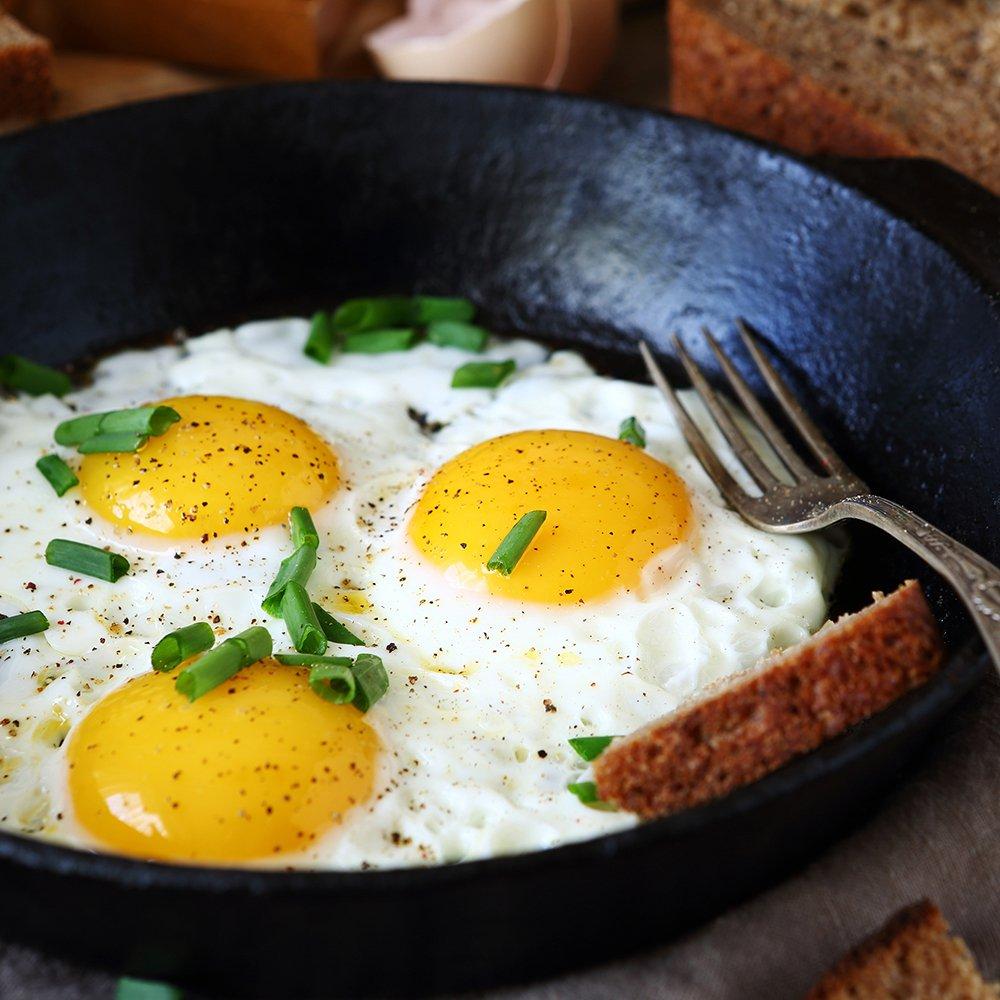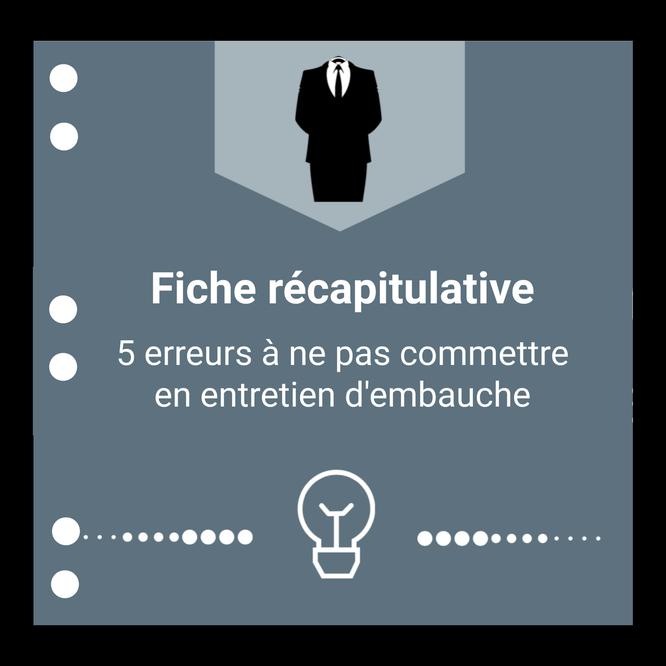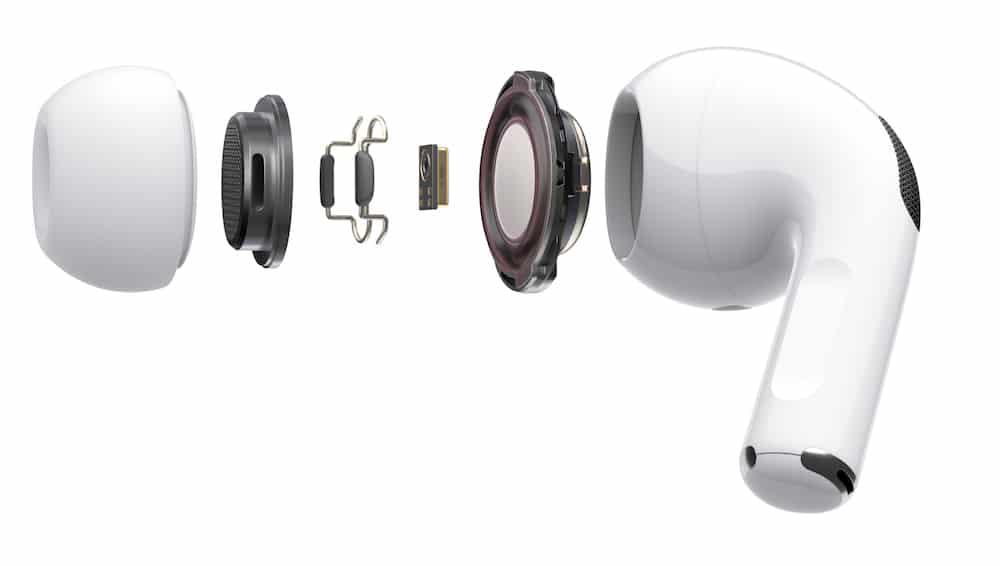Egg: cooked, soft-boiled, hard-boiled or fried
The egg is one of the favorite foods of the French, it is a product from breeding, it is inexpensive but healthy and nutritious.
History of the egg
The egg is a 100% natural product. Until Antiquity, many kinds of eggs were eaten such as those of ostrich, pigeon, peacock, but over time, it is the chicken egg that has become essential. We also eat quail, duck and goose eggs but they are rarer. Ovoid in shape, the egg is most often beige-pink in color. It happens that we find white ones but they are rarer. This product consists of a fragile shell containing the "white", a transparent sticky liquid, and the yolk, a creamy sphere whose color varies according to the hen's diet.
In the 12th century, the word "egg" was written "of", "uef" or even "oef". It was not until the 14th century that the "egg" writing became definitive. Since the Middle Ages, the egg has been part of the basic food of men because it is easy to obtain and rich in nutrients for the body. However, at that time, the Church forbade the consumption of it during periods of lean days. In fact, in the 4th century, the tradition was that during the feast of Lent, eggs were offered to each other, which were kept throughout Lent until Easter.
We can see that egg consumption habits have changed a lot over the centuries. Under Louis XV, the population consumed an average of 60 eggs per person per year; whereas in 2008, this figure rose to 270 per person per year, which clearly confirms the importance it holds in our diet.
What season to eat the egg?

There is no particular month to taste the egg, you can find it all year round!
Egg calories and nutritional information
Eggs are a food rich in so-called "complete" proteins because they contain the nine essential amino acids for humans. Thus, it is an excellent substitute for meat.
From a dietary point of view, the egg appeases hunger and then allows, if eaten in the morning for breakfast, to help our body take in as few calories as possible during the day. A high level of vitamin D is also present in the egg, which contributes to the consolidation of bones.
Among its virtues, we note the prevention of aging, cataracts and cardiovascular diseases, thanks to the powerful antioxidants contained in the yolk. Finally, the egg is an important source of choline, a nutrient that promotes the proper functioning of the brain and therefore the growth of memory. Be careful though, despite its many virtues, the egg yolk is rich in LDL cholesterol.
| Nutritional value of egg per 100 g | |
|---|---|
| Proteins | 12.31 g |
| Carbohydrates | 0.58 g |
| Lipids | 9.88 g |
| Calories | 145 kcal |
| > More info on egg calories |
How to store eggs?
Eggs are perishable must be monitored to avoid becoming a victim of food poisoning. Most often it is kept in its shell, which should not be washed because it is covered with a natural substance that protects it from bacteria, including salmonella. Eggs can therefore be kept cool in the refrigerator for up to five weeks from their packing date.
Be careful that they are not cracked because they keep for less time. When the egg is no longer in its shell, the yolk and white can only be kept for two days.
Freezing an egg is possible, but it requires some precautions:
How to cook and taste the egg?
The chicken egg that we eat must not be fertilized. We choose it fresh; it must be consumed during the 28 days following its laying. However, there is an exception: in some Asian countries, you can taste the "hundred-year-old eggs" which are actually only eaten after a few weeks or months after maceration in a typical preparation of lime, wood ash , tea and salt. These eggs come out colored green brown.
You check the freshness of an egg by immersing it in a bowl of cold water: if it sinks, it's supposed to be fresh, if it floats, you should avoid eating it. Even fresh, it is not recommended to consume a raw egg.
There are many ways to cook an egg. It can be preferred plain with salt and bread, for example:
Thus, the egg can be eaten both cold and hot.
| Tip: How to boil a soft-boiled egg without a timer? In a saucepan of cold water, place the eggs. When the water boils, turn off the heat, take the eggs out of the pan, they are cooked! Perfect cooking: firm white and runny yolk. |



![PAU - [ Altern@tives-P@loises ] PAU - [ Altern@tives-P@loises ]](http://website-google-hk.oss-cn-hongkong.aliyuncs.com/drawing/179/2022-3-2/21584.jpeg)

![Good deal: 15% bonus credit on App Store cards of €25 and more [completed] 🆕 | iGeneration Good deal: 15% bonus credit on App Store cards of €25 and more [completed] 🆕 | iGeneration](http://website-google-hk.oss-cn-hongkong.aliyuncs.com/drawing/179/2022-3-2/21870.jpeg)





Related Articles